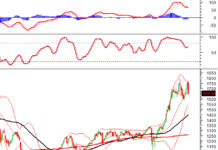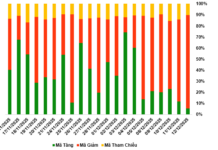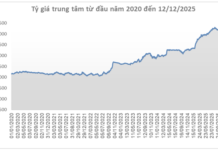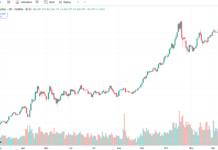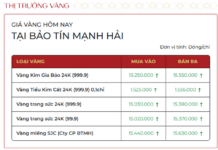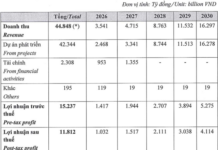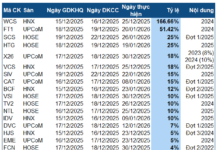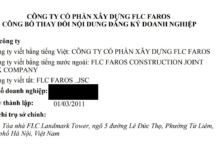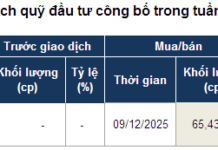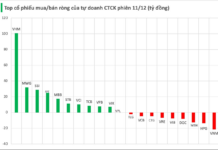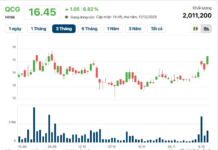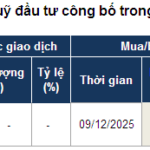The Ministry of Finance has proposed a roadmap for increasing excise tax on alcoholic beverages, with a suggested increase to 100% by 2030 for spirits above 20 degrees. Similarly, taxes on spirits below 20 degrees will rise to a maximum of 70%, following an initial 50% tax rate. Taxes on beer will also gradually increase from 80% to 100%.
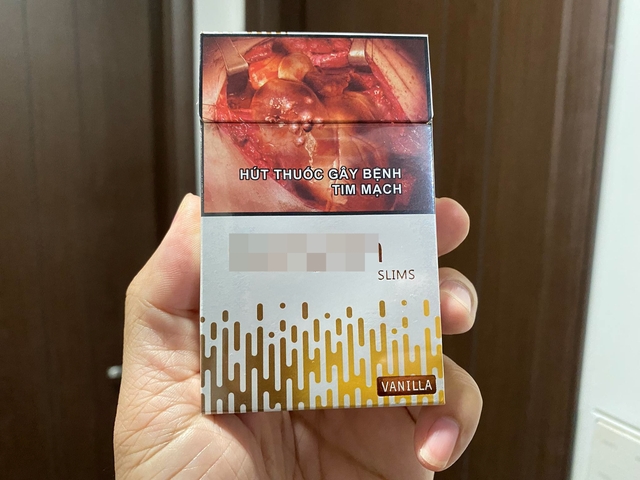
Proposed increase in excise tax on cigarettes. Photo: Minh Phong
To ensure community health and reduce tobacco consumption, the Ministry of Finance has proposed an increase in excise tax on cigarettes, presenting two options. Option 1: Maintain the current rate of 75% in 2026 and add VND 2,000 per pack. From 2027 to 2030, increase the tax by VND 2,000 per pack annually. By 2030, the absolute tax rate will be VND 10,000 per pack.
Option 2: In 2026, when the amended Law on Excise Tax takes effect, the tax rate will remain at 75% of the selling price, and the absolute tax rate for cigarettes will be VND 5,000 per pack. Each subsequent year, the tax will increase by VND 1,000 per pack. By 2030, the tax will reach VND 10,000 per pack. The Ministry of Finance leans towards Option 2 to reduce tobacco consumption.
In response to this proposal, the Vietnam Chamber of Commerce and Industry (VCCI) stated that enterprises agree with the Party and the State’s viewpoint on using excise tax policies to protect people’s health and restrict the consumption of harmful products such as alcohol and tobacco.
However, the current draft proposes a significant tax increase at a rapid pace for these items. Such a rapid and substantial tax hike will prevent enterprises from adjusting their production capacity to match the decline in consumption due to tax policies. According to the VCCI, this could result in investment projects incurring losses and being unable to recoup their capital.
“Additionally, a rapid decrease in output will negatively impact the employment of workers, and it will be challenging to provide alternative careers for the redundant labor force from alcohol, beer, and tobacco factories,” VCCI emphasized.
Consequently, the VCCI has requested that the drafting agency consider a more appropriate roadmap for increasing taxes on alcohol and tobacco, giving priority to Option 1, which offers a more stable tax increase rate, to align with enterprises’ production and business situation.



